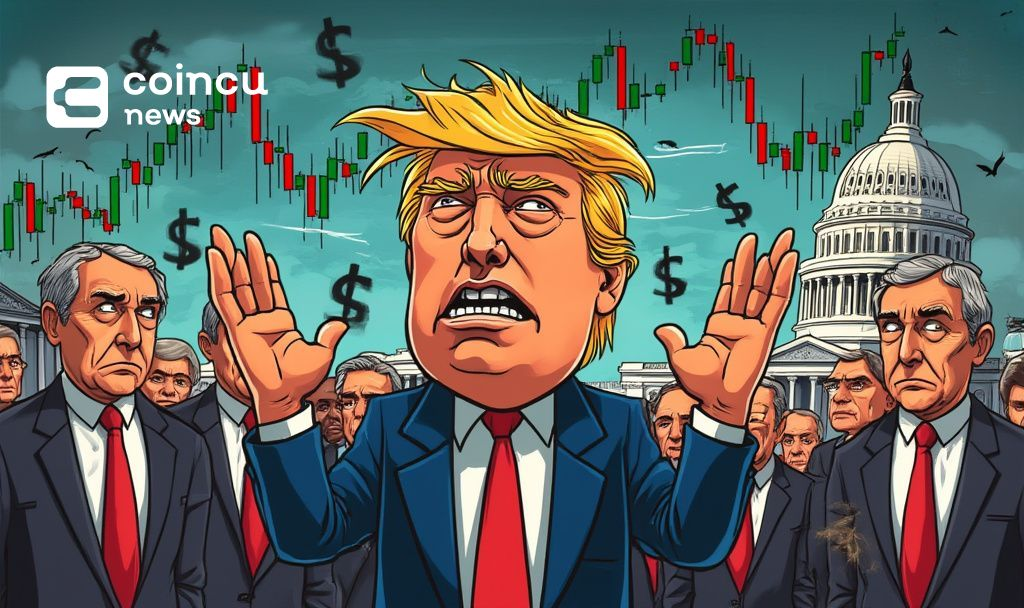- Bipartisan effort challenges presidential tariff authority, reflecting economic concerns.
- Trump commits to vetoing the bill if passed.
- Stock markets experience significant fluctuations amid tariff-related uncertainty.

A new bipartisan bill introduced by Senators Maria Cantwell and Chuck Grassley seeks to curtail the president’s power to impose tariffs. Amidst significant political and economic implications, the bill was proposed on Tuesday in Washington, D.C.
The legislation has vital importance due to its challenge to unilateral presidential actions on tariffs, perceived as economically harmful. Its introduction prompted a sharp stock market reaction.
Bipartisan Push for Congressional Tariff Oversight
The “Trade Review Act of 2025,” introduced by Senators Maria Cantwell and Chuck Grassley, attempts to place checks on the president’s tariff powers. Supported by several Republican colleagues, the bill seeks to restore Congress’ constitutional role in trade policy by requiring Congressional approval of tariffs within 60 days of enactment. The bill comes amidst critiques of Trump’s trade policy, which often increased consumer costs and strained alliances.
In reaction to the bill, President Trump expressed frustration, pledging to veto any legislation that limits his tariff authority. The White House labeled the proposal a threat to national security capabilities, suggesting it could impede the president’s ability to ensure national security through tariffs.
Analysts noted the market upheaval, with the S&P 500 dropping nearly 14% and the Dow Jones plummeting over 1,000 points.
Economic and Political Ramifications of New Tariff Bill
Senate Majority Leader Mitch McConnell, along with other co-sponsors, argues that unchecked tariff powers have economic repercussions, notably in export-driven sectors. Grassley warned that the executive branch has assumed excessive commerce control. Cantwell remarked that “Trade wars can be as devastating as real wars… Congress has a duty to stop actions that will cause [Americans] harm.”
Did you know?
Modeled after the War Powers Resolution of 1973, the new bill seeks to restore Congress’ role in tariff oversight, a power traditionally delegated to the executive over the past century.
Experts point to the economic disruptions caused by escalations in trade disputes. The bill’s introduction evoked comparisons to past legislative efforts attempting to balance executive and legislative roles in trade policy. Market volatility underscores the economic tensions, affecting sectors tied to global trade. Observers warned of heightened instability as policy ambiguities persist. Historical precedents suggest that the bill could reshape legislative oversight if enacted.























